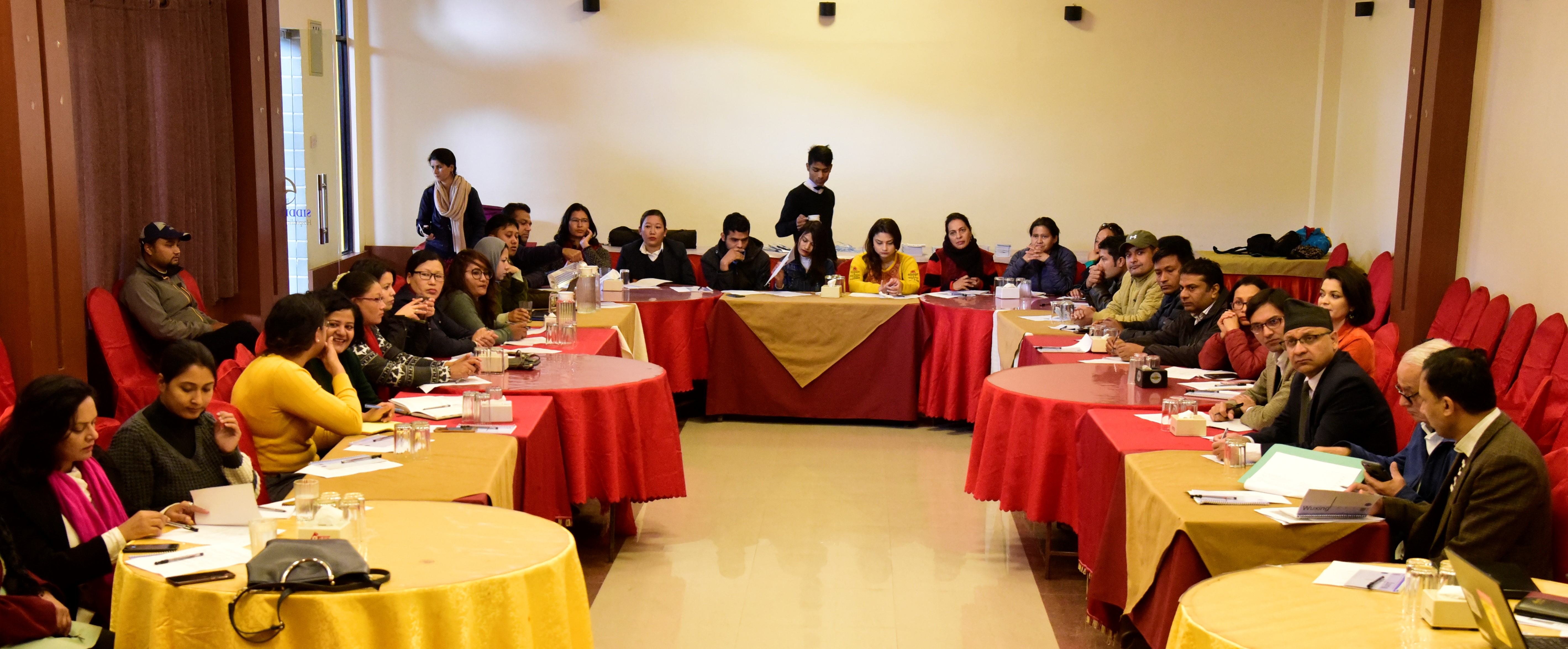
Most of the policies and programs developed by the Government of Nepal are dominated by the thoughts that women need to be protected, controlled and taken care of. This denies women’s agency to take control over their decisions regarding their lives, work and mobility. This has given power to those, who want to control and exploit women’s labor and agency for the profit or to maintain the structure of dominance. This situation had put Nepali women who want to go outside their home, village boundaries to explore their aspirant, exercise their power of knowledge and make the difference in their economic and societal status in risk of being trafficked. The restrictive policies and procedures violate basic human rights and constitutional guarantees of equality and non-discrimination. This shows that Nepali migrant women have become a site of state regulation and control. Besides, these types of gendered restrictions seem to infantilize women to assert social norms and traditional values that limit women’s roles, their sexuality and independence[1]. The study done by ILO (2015) also indicated that the bans have had the negative consequences on women migrants and is also the violation of the principle of non-discrimination set out in the Foreign Employment Act and numerous International legal frameworks.
Objectives of the Interactive Program: